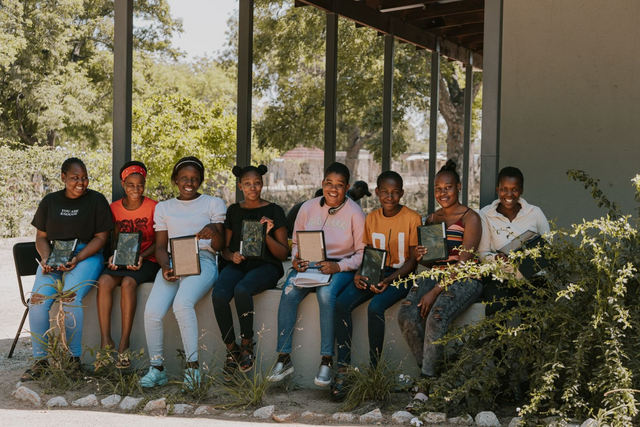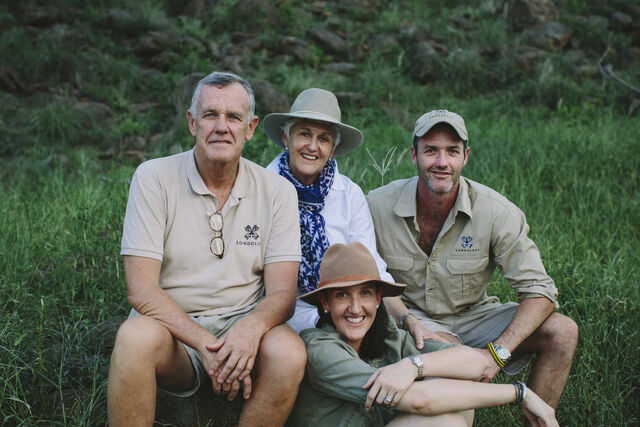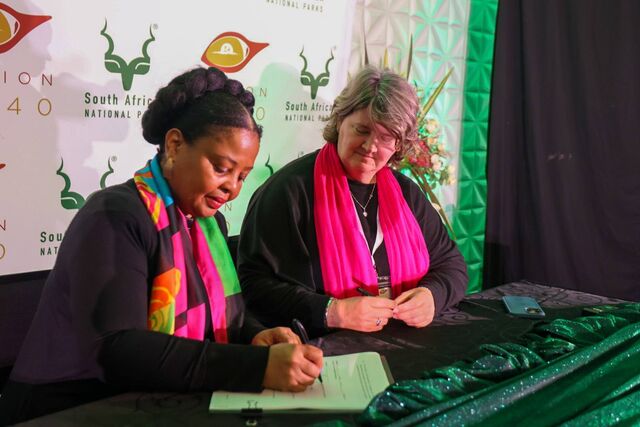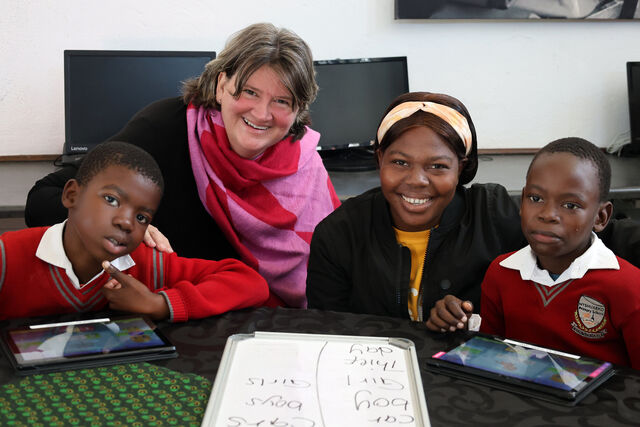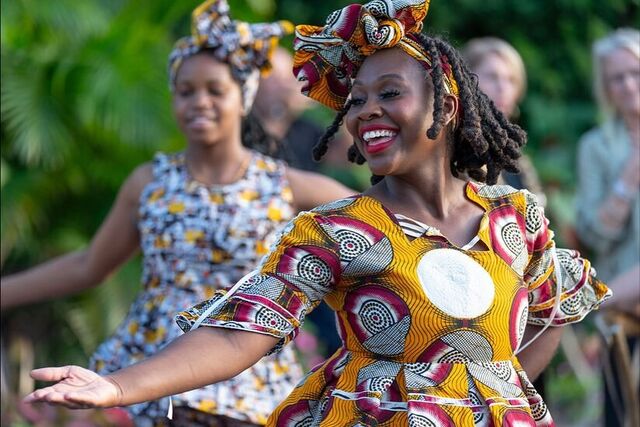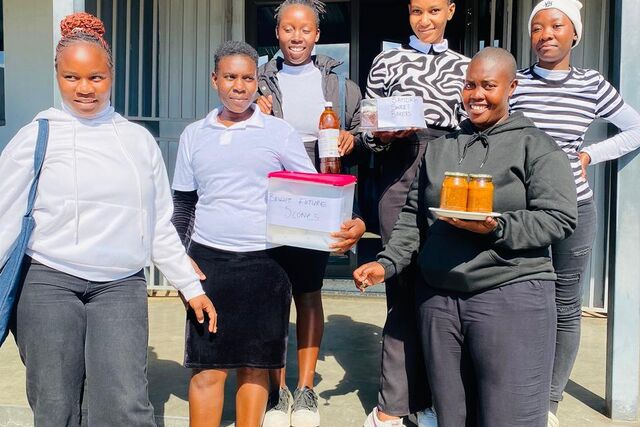How we ensure that young people are fluent in the digital skills the modern world needs
June was Youth Month in South Africa. That’s because every June, we commemorate one of the most tragic and pivotal events in our history.
Youth Day, marked annually on 16 June, commemorates the 1976 Soweto Uprising in which thousands of high school pupils who had embarked on a peaceful protest march were fired at by police using live ammunition and teargas. They were challenging being forced to have all their lessons taught in Afrikaans.
This year Youth Month’s theme was, “Accelerating youth economic emancipation for a sustainable future”, and that’s exactly what we do here at Good Work Foundation. We train young people from South Africa’s rural areas to be adept at working with the technology that is so integral to modern life. Without this ability, it is almost impossible to find decent work and that, of course, is vital for economic emancipation.
To do that we rely on a team of wonderful, dedicated teachers whose faith in our cause bolsters us – and their charges, from nursery school children to young adults – daily.
When you read about the Fourth Industrial Revolution and working in the modern world, there is a theme that stands out, and it is echoed in the words of Rivoni Banda, an Open Learning facilitator at our Dumphries Digital Learning Campus.
“Education is fundamental for every child and every adult because learning never stops,” says Rivoni. We couldn’t agree more. We’re still learning every day.
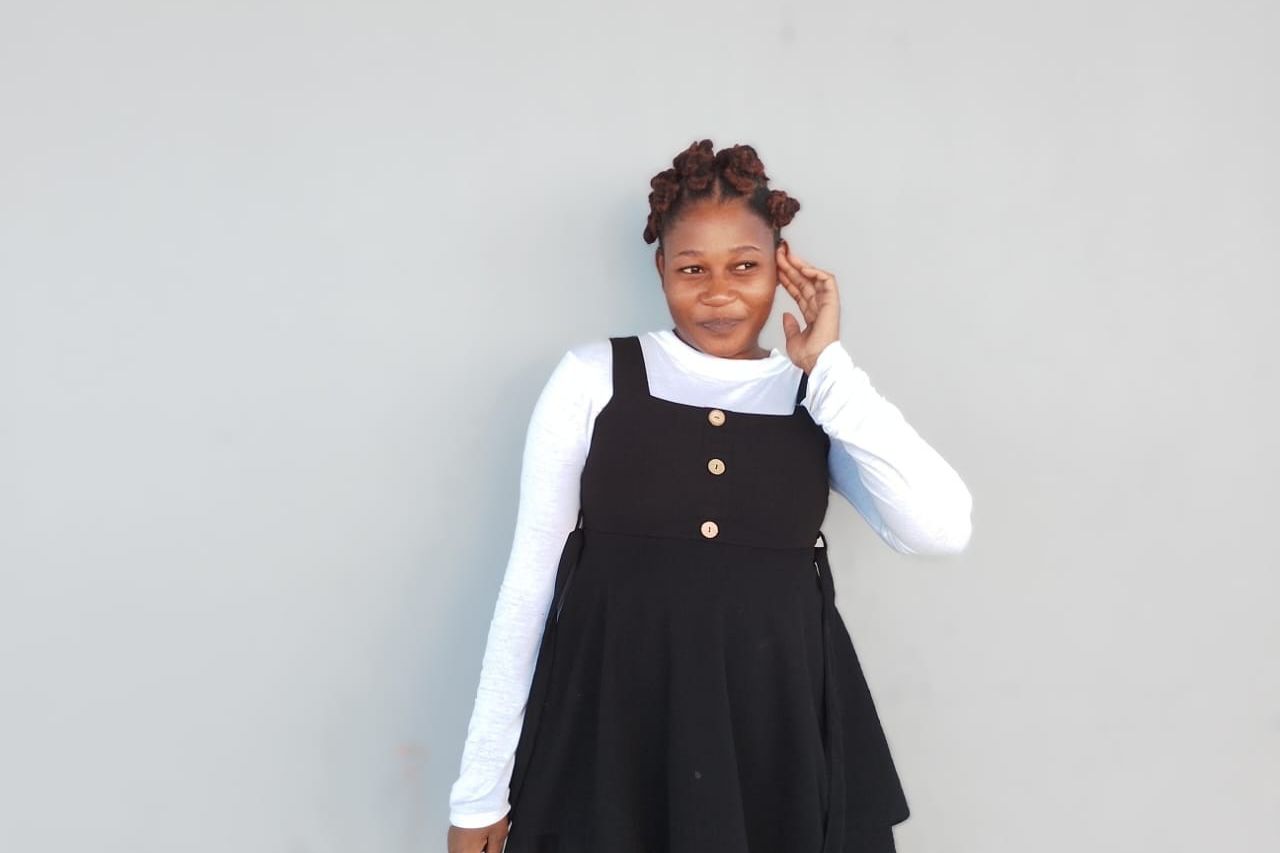
Rivoni joined us as a facilitator in 2020, when the Covid-19 pandemic was showing the world what the digital divide truly meant: those who could operate digital devices could often continue earning a living despite being confined to their homes during national lockdowns.
“I come from a community where there aren’t a lot of opportunities in education or employment. The organisation (GWF) helped me find my place in the world. It has empowered me with knowledge and skills that are practical and essential in the real world. Education has armed me and the community with primary and professional skills. I now work at Good Work Foundation to bring about change, one child at a time,” she says.
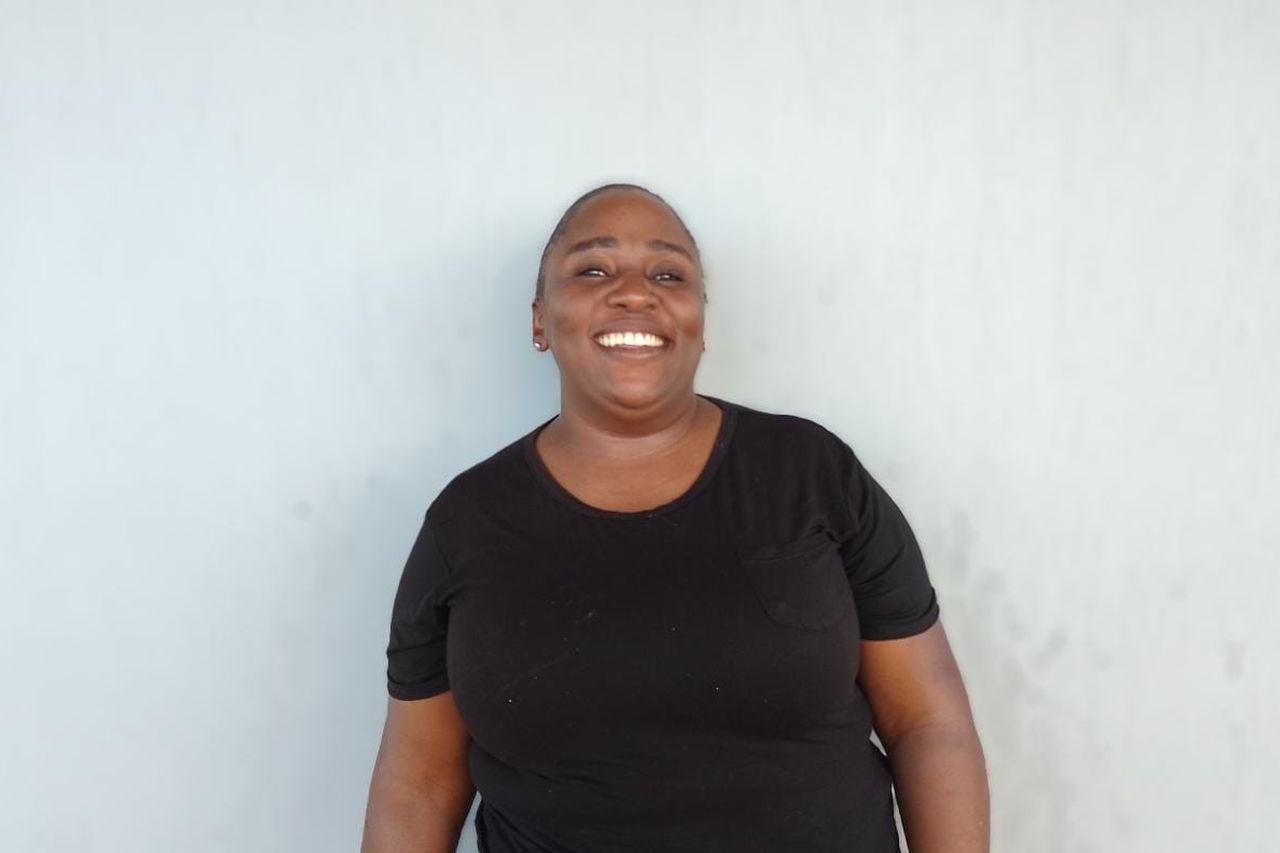
“Most [rural] children don’t know how to use digital gadgets, whereas here at Good Work Foundation they use computers and tablets and do coding. It’s a great experience for them,” says Xihlamariso Mnisi, one of our Open Learning Academy coordinators.
Xihlamariso says her greatest joy is sharing her knowledge with the children and young adults who study through the foundation. “I have an impact on the lives of about 900 learners a week; [Good Work Foundation] is a great success,” she says.
Another of our Open Learning facilitators is Floyd Mathonzi, who lives and works in Dumphries, and who has seen the changes that our work has brought about in the Mpumalanga village.
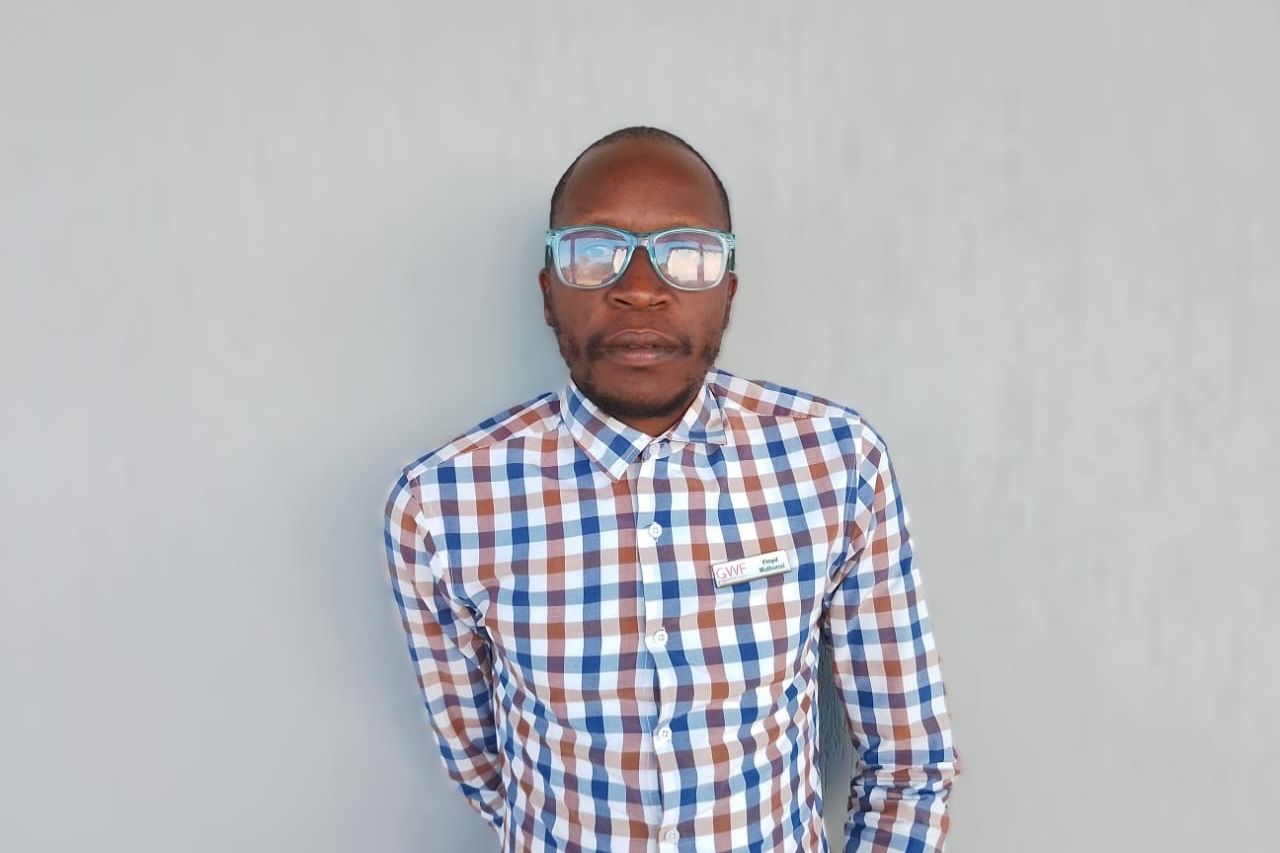
“I do my best to encourage all the young people in my town to apply to join Good Work Foundation. Through these academies they can get a good education and job opportunities … I have seen a lot of changes in my local village,” he says.
In 1976, young people protested because they feared that being taught in a language in which they were not fluent would hamper their futures. Today, in 2023, it is fluency in digital skills that young people need. We are determined to do everything we can to ensure that the children and young people we teach have all the skills they need, including work-readiness skills, to get ahead in this fascinating digital world we now inhabit.
It’s how we’re “accelerating youth economic emancipation for a sustainable future”.
